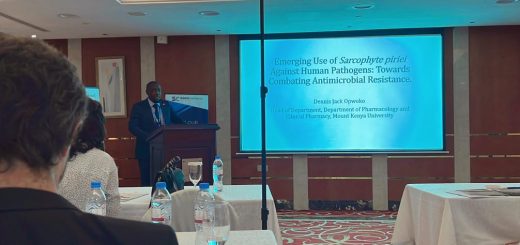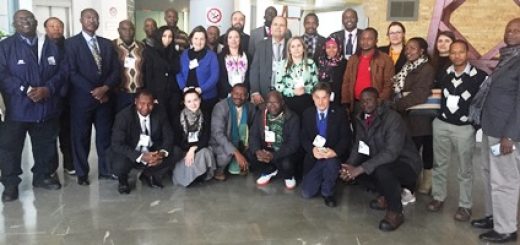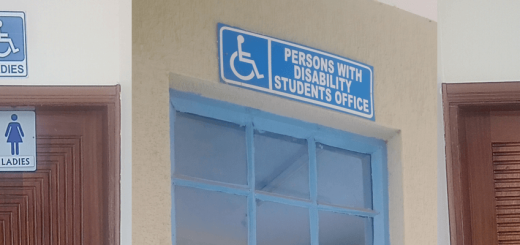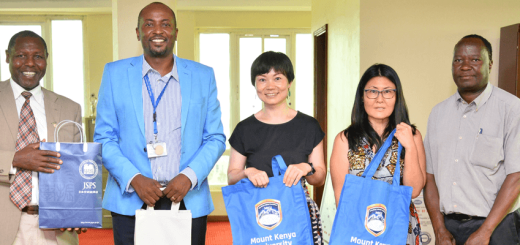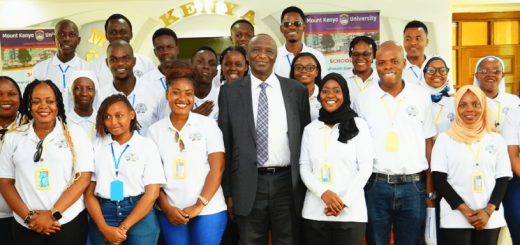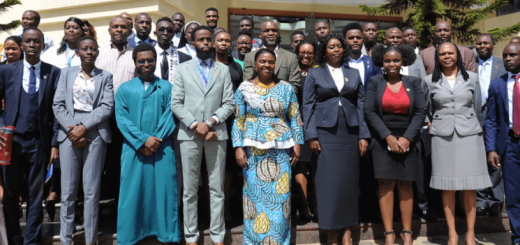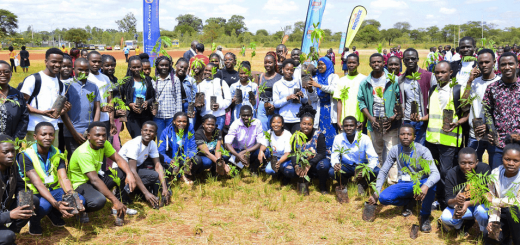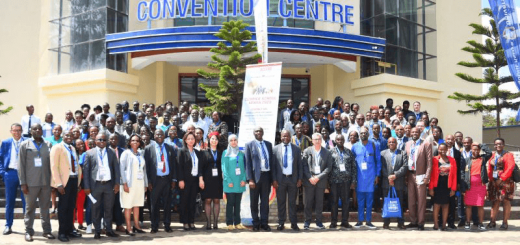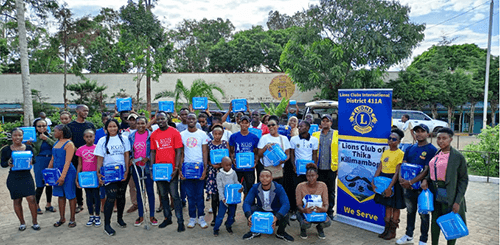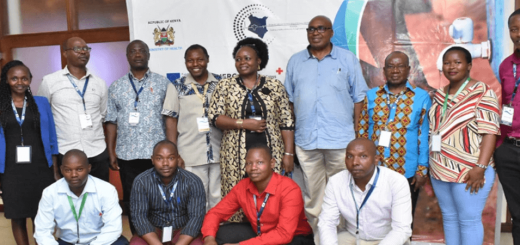Eradication of Jiggers through a partnership between academia-NGO
Tungiasis is a neglected public health problem in Kenya. The disease is caused by the Jigger flea, also known as sand flea, Funza, Chigoe or Tunga penetrans. According to the Ministry of Health National Policy Guidelines on Prevention and Control of Jigger Infestations an estimated 1.4 million Kenyans suffer from jigger infestation in the country.
Tungiasis is a disease of the poor and poor hygiene is one of the major causes of infestation. Children from impoverished communities and families in the country who are affected are not able to walk properly and thus miss out on school.
In adults, the inability to use the limbs affected due to pain in the affected areas hampers normal economically productive activities. The stigma associated with the disease has a debilitating psychological effect on the affected. Secondary infection due to the wounds caused by the jiggers may cause life-threatening complications such as tetanus or gangrene.
 Mount Kenya University students and staff from partners of care at a past jigger eradication campaign in coast region
Mount Kenya University students and staff from partners of care at a past jigger eradication campaign in coast region
In the last three years, Mount Kenya University in partnership with Partners for Care (PFC), a local NGO, has sustained an aggressive anti-jigger campaigns in Marsabit County. As a result, 13,000 jiggers infested school going children and adults in Marsabit County have been treated, eradicating the scourge from the County. Impact assessment by a team led by Dr. Peter G. Kirira, a researcher at Mount Kenya University, established that the intervention significantly reduced school absenteeism and has led to improved performance of the schools in the three year period. According to Pastor Hirbo, a staff at Partners for Care staff office in Marsabit, poverty has been linked to the existence of jiggers in homes and therefore proper training on prevention, control and monitoring is necessary to eliminate jiggers in the area.
Prevention of Tungiasis
The following strategies have been identified for elimination of fleas and reduction of jigger infestations;
- Cleanliness
- Smearing the floor and walls of Manyattas with cow dung. This has been demonstrated to repel fleas from the Manyattas
- Separation of human inhabited areas from those of animals which host fleas, such as dogs, chicken etc
- Use of shoes when and wherever possible.
Treatment of Jiggers
Use of potassium permanganate (antiseptic) and petroleum jelly is the most effective non-invasive way of treating jigger infestations. This treatment has been demonstrated to eradicate the jiggers, enabling affected children and adults to return to work or school. The treatment is quick, effective, and painless. It is important not to use sharp objects to remove jiggers since this results to open wounds.
Treatment procedure
- Clean the area by soaking in a basin filled with soap and water
- Add potassium permanganate to the basin and soak for 10-15 minutes
- Dry the feet and hands
- Generously apply Vaseline to the area
- Remove gloves and wash hands
Current Eradication Efforts
Bolstered by the success of eradication of jiggers in Marsabit County, Mount Kenya University staff and students in partnership with Partners for Care have joined hands to conduct anti-jigger campaigns in Watamu, Kilifi County with a target of eliminating Tungiasis from Kilifi County by 2020. Ms. Connie Cheren, the Director, Partners for Care International, believes that the same model that worked in Marsabit County and is now working in Kilifi County can be replicated in other Counties where jigger infestations are prevalent.
Story by Peter G. Kirira & Ashley Waudo

